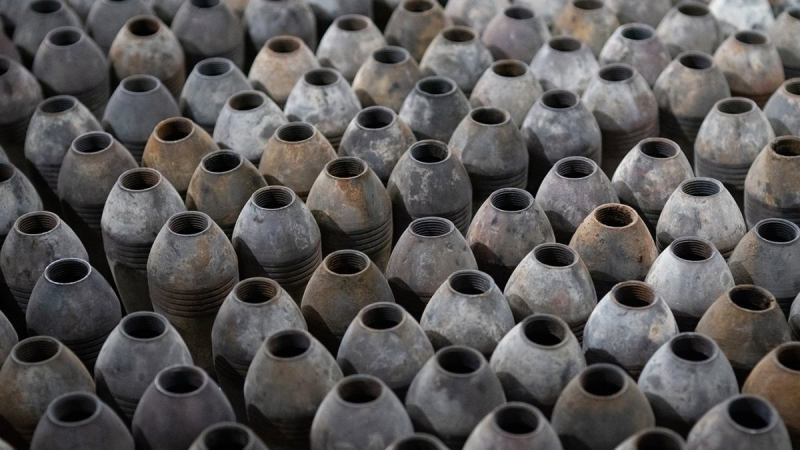
Back in Stock? The State of Russia’s Defense Industry after Two Years of the War
By Maria Snegovaya, Max Bergmann, Tina Dolbaia, Nick Fenton, and Samuel Bendett (Bendett is a Fletcher alum and analyst with CNA’s Russia Studies Program)
This report examines Russia’s evolving defense industrial capabilities and limitations during the second year of the Russia-Ukraine war and analyzes how these changes have affected and will continue to affect battlefield outcomes in Ukraine. The report starts with an overview of Russia’s domestic arms production efforts throughout 2023, followed by a detailed examination of key Russian weapons systems (such as tanks, artillery, drones, missiles, and electronic warfare systems) and their changing roles on the battlefield. The report then analyzes Russia’s general procurement dynamics and identifies the imported components and weapons categories that Russia’s defense industry has particularly relied on in the second year of the war. This part includes a case study on China to illuminate Russia’s evolving procurement patterns. The report then dives into analysis of the Kremlin’s remaining weaknesses, which have been aggravated by a long war of attrition and which can have both short- and long-term effects on its military. The final part of the report assesses how Russia’s performance throughout 2023 and its evolving defense capabilities might be translated into its offensive posture in Ukraine in 2024. This part of the report is followed by recommendations to Western policymakers on how to counter the Kremlin’s war effort by capitalizing on the Russian military’s existing vulnerabilities.
This report is made possible by a grant from Carnegie Corporation of New York.
(This post is republished from CSIS.)
